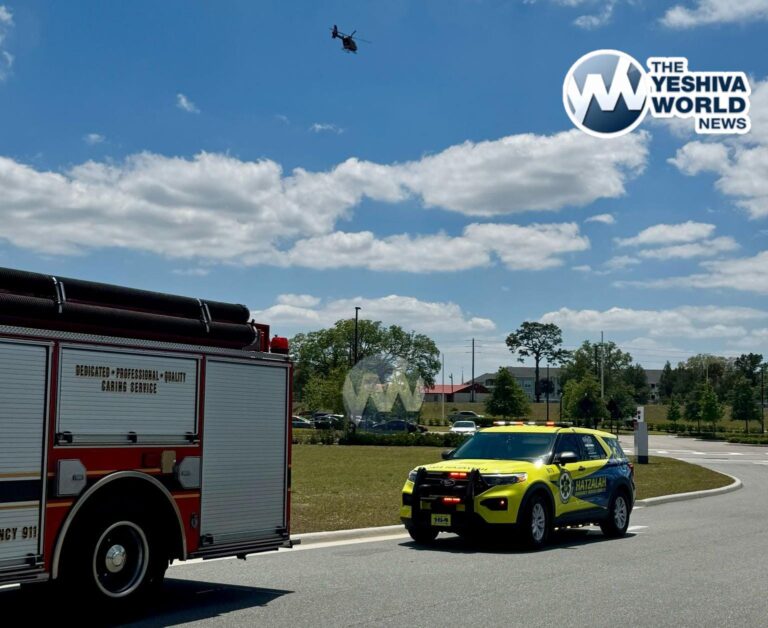 The soldier on trial for the 2009 shooting rampage at Fort Hood rested his case Wednesday without calling any witnesses or testifying in his own defense.
The soldier on trial for the 2009 shooting rampage at Fort Hood rested his case Wednesday without calling any witnesses or testifying in his own defense.
Maj. Nidal Hasan is acting as his own attorney but told the judge that he wouldn’t be putting up a defense. About five minutes after proceedings began, the judge asked Hasan how he wanted to proceed. He answered: “The defense rests.”
The judge, Col. Tara Osborn, then asked Hasan: “You have the absolute right to remain silent. You do not have to say anything. You have the right to testify if you choose. Understand?”
Hasan answered that he did. When the judge asked if this was his personal decision, he said: “It is.”
Hasan is accused of killing 13 people and wounding more than 30 others at the Texas military base in November 2009. He faces the death penalty if convicted.
Yet he has made no attempt during his trial to prove his innocence or challenge the narrative of military prosecutors, who showed evidence of Hasan using his laptop to run Internet searches for “jihad” and find articles about calls to attack Americans in the days and even hours before the shooting.
He seldom spoke during the trial and questioned only three of the nearly 90 witnesses called by prosecutors. Many of those witnesses were survivors of the attack and recalled hearing a shout of “Allahu Akbar!” — Arabic for “God is great!” — inside a crowded medical building before Hasan opened fire using a laser-sighted handgun.
During his brief opening statement, Hasan told jurors that evidence would show he was the shooter, and he called himself a soldier who had “switched sides” in a war.
The American-born Muslim suggested before trial that he wanted to argue the killings were in defense of Taliban fighters in Afghanistan, but that strategy was rejected by the judge.
Hasan began the trial signaling that he would call on just two people to testify — one a mitigation expert in capital murder cases and the other a California professor of psychology and religion. But on Tuesday, he indicated to the judge that he would now call neither witness. That left Osborn raising her own skepticism that Hasan would seize his last chance to defend himself.
The jury — 13 military officers — was then escorted out of the courtroom shortly after Hasan rested his case.
(AP)











2 Responses
His “defense” is that he didn’t intend to commit the crime of “murder” (the illegal killing of a person, since the killing of a soldier by an enemy soldier is not illegal), but rather than he is guilty of the crime of treason (aiding the enemy in wartime, and in the case joining the enemy and waging war on the United States).
The Army wants to convict him of simple murder, rather than treason. That’s a political issue.
Both crimes, treason and murder, are capital.
He wants to die? Good! Let him die, the sooner the better. I hope they don’t put him on death row for the next 20 years, while some lawyer he doesn’t even want tries to prevent the death penalty. Good riddance!